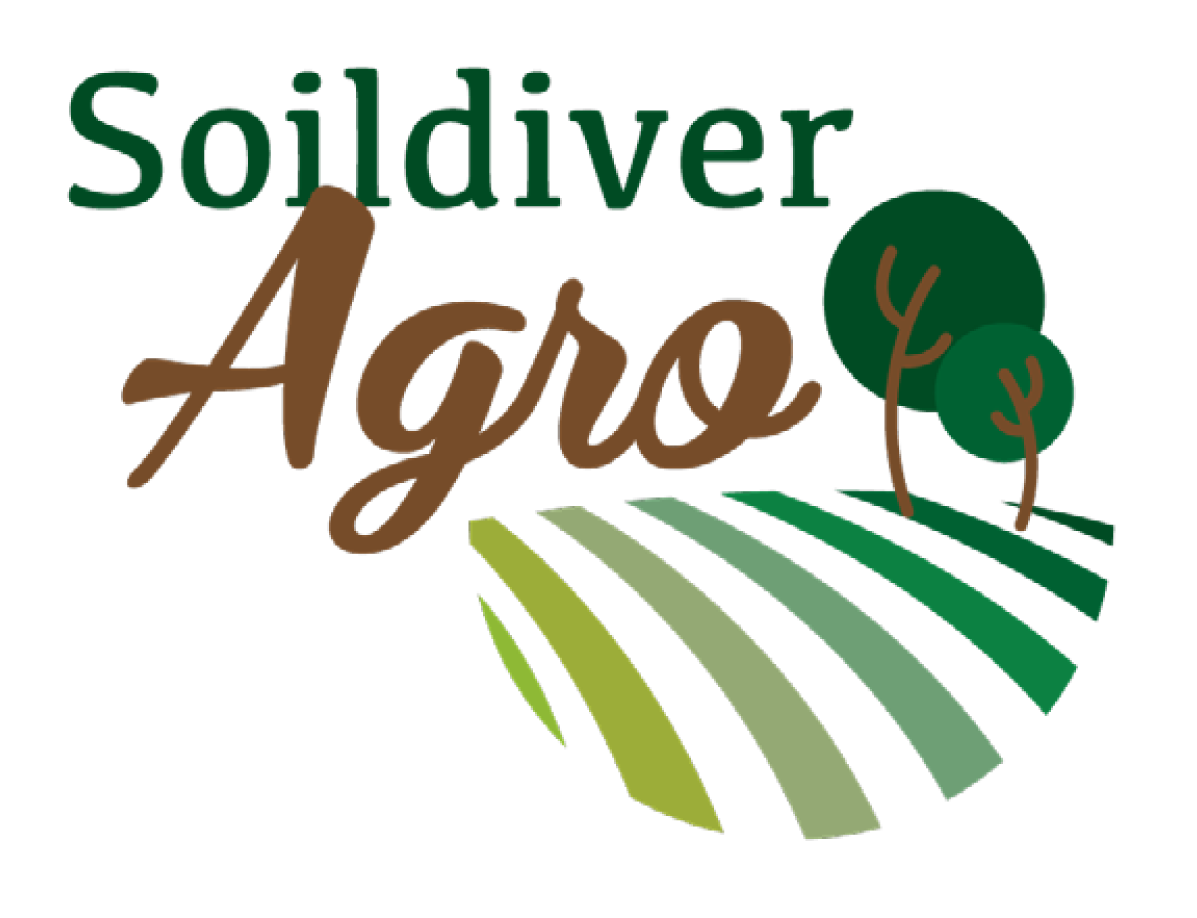Case Study 9
Testing different sources of green manure for wheat production. Atlantic Central (Belgium)

Which problem will be solved
Conventional farming depends on high amounts of external inputs of fertilizer because it negatively disturbs the soil’s capacity to produce crops: nutrients get depleted, the SOM (soil organic matter) content decreases and the structure of the soil deteriorates.
State of the art
Organic farming mostly applies composted or non-composted green manure to increase C-content, and improve the soil’s structure. However, fermented organic waste has some additional advantages: improved microbial diversity and activity to produce natural antibiotics, essential vitamins and plant growth hormones; the soil’s quality improves further and it gets more resilient against pests and diseases.
The objective is to test different sources of organic fertilizer to increasing the SOM content, ameliorate the soil’s structure and improves plant health and development. Especially locally produced compost and fermented organic waste will be tested.
Proposed management practices
We will divide a field trial with organic farming into different parts. Each part will receive another or a combination of sources of green manure. Especially compost and fermented organic waste which was produced ‘on farm’ or locally will be tested.
Progress with the case study in relation with the state of the art
With this experiment we hope to demonstrate that different sources of green manure exist as excellent alternatives for the conventional way of external inputs of nutrients. Also we want to demonstrate the potential of fermented organic waste on soil structure, SOM content and improved plant health.

